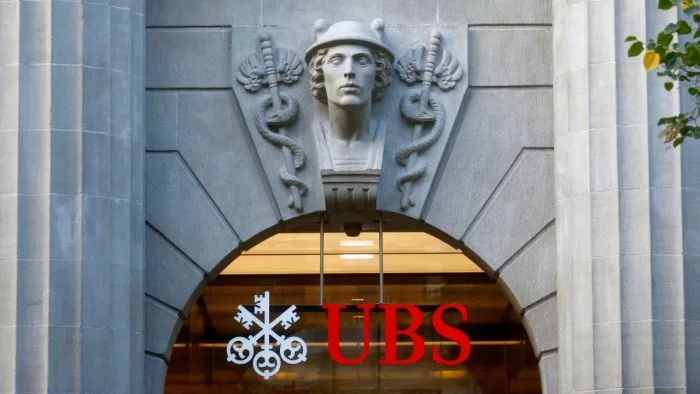UBS has completed its emergency takeover of Credit Suisse, creating a Swiss banking behemoth with a balance sheet of $1.6 trillion. This deal, the largest since the 2008 financial crisis, establishes UBS as a dominant player in wealth management and bolsters its position in key markets. The merger brings an end to Credit Suisse’s troubled 167-year history marked by scandals and losses.
With $5 trillion in assets under management, the combined group gives UBS a significant advantage, allowing it to expand much faster than it would have on its own. However, to achieve cost synergies, job cuts are anticipated. UBS purchased Credit Suisse for a discounted price of 3 billion Swiss francs ($3.32 billion) and assumed up to five billion francs in losses.
While UBS and the Swiss government assert that the takeover will benefit shareholders and safeguard Switzerland’s financial reputation, skeptics argue that it challenges the notion of predictability and safety associated with the country and exposes taxpayers to potential burdens. This rescue effort dispels the belief that large banks are immune to crises, highlighting their vulnerability and the time required to resolve such issues.
UBS expects to report a substantial profit in the second quarter following the acquisition. However, CEO Sergio Ermotti cautions that the integration process will be challenging, predicting a “bumpy” road ahead. The assimilation of Credit Suisse into UBS is estimated to take three to five years and carries both potential costs and benefits, along with associated uncertainties.
Since the financial crisis, many banks have scaled back their global ambitions due to stricter regulations. Credit Suisse’s investment bank will largely disappear, aligning with UBS’s plan to significantly reduce its presence in securities trading.
The next crucial decision for UBS will be the fate of Credit Suisse’s domestic business. While integrating it into UBS could generate substantial savings, public pressure to preserve Credit Suisse’s brand, identity, and workforce may lead UBS to consider alternative options. Concerns about the size of the new bank, with a balance sheet twice the size of the Swiss economy, may also invite stricter regulations and capital requirements.
Analysts caution that the uncertainty surrounding such a large-scale takeover may challenge UBS’s ability to retain staff and customers. The long-term value for shareholders remains uncertain. As UBS embarks on this new chapter, it must manage the integration process, navigate potential regulatory hurdles, and maintain its competitive edge in the global financial industry.

